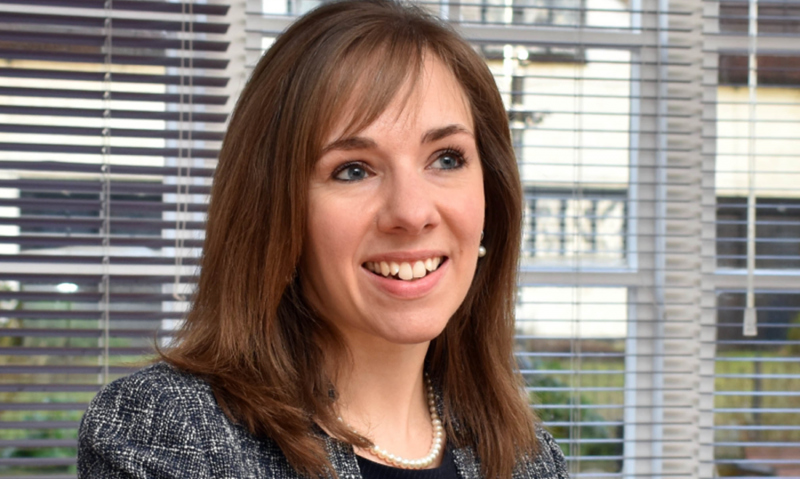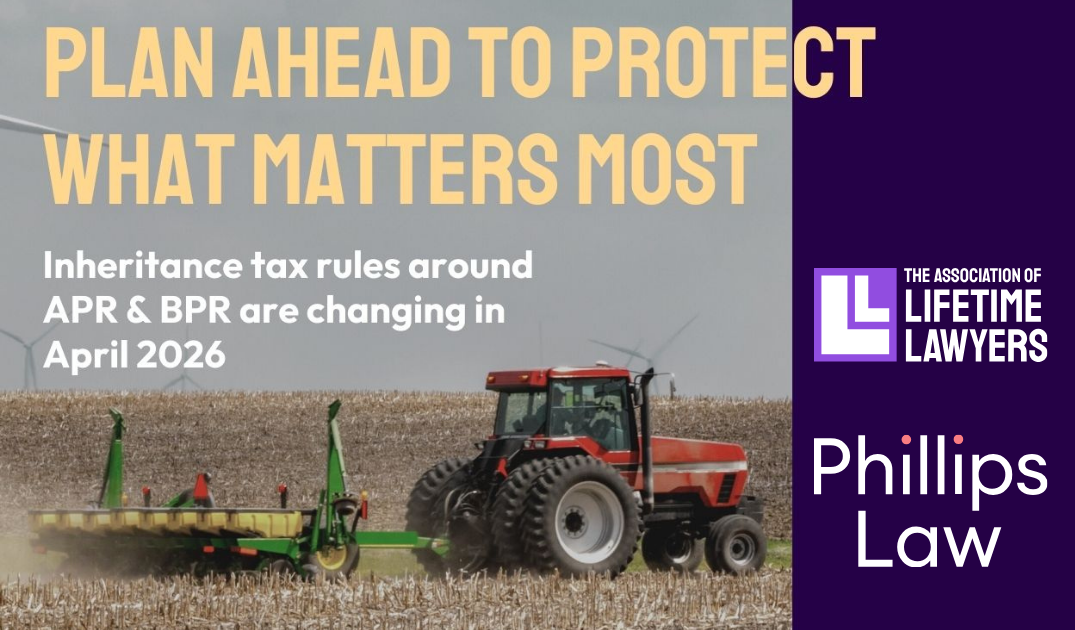
6 April 2022
Did you know that on 6th April 2022 the law relating to divorce was updated? Fault will no longer be a basis for divorce and this marks the biggest change to the divorce law since the Matrimonial Causes Act 1973. The aim is to achieve an easier process, and that it will encourage divorcing couples to maintain a more amicable relationship, especially for their children.
Reasons for a Divorce
Previously, to apply for a divorce an applicant would have to prove that the marriage has irretrievably broken down by relying on one of five grounds. The five grounds were unreasonable behaviour, adultery, being separated for more than two years (with agreement), being separated for more than five years (without agreement) or desertion. An application for divorce will no longer need to rely on one of the five grounds and instead the applicant must only provide a statement confirming that the marriage has irretrievably broken down. As the most common ground cited for a divorce previously was unreasonable behaviour, it is hoped that the avoidance of blame will allow couples to work together throughout the process.
Contesting a Divorce
As an application for a divorce will no longer be based on fault, the reasons for an application can no longer be contested. This should make the application process less stressful for those applying and, given that the divorce is one of the most stressful life events, this is a very positive change. A spouse will still be able to contest an application for a divorce on the grounds of the validity of the marriage.
Joint Applications
Previously, only one spouse could apply for a divorce. Under the new divorce law, an application can be submitted solely or jointly. This should encourage couples to continue to work collaboratively, which is especially important if children are involved.
Timescale
After applying for a divorce, couples will now be required to wait a minimum of 20 weeks before gaining a Conditional Order (previously known as a Decree Nisi), and a further 6 weeks before applying for a Final Order (previously known as a Decree Absolute). As a result, couples should expect to wait a minimum of 6 months after an application is made before the divorce can be made final. In exceptional circumstances, the courts will have the power to expedite the process. Given that this is a long process, it is important to take legal advice early and to ensure that the financial aspects are settled at the right point. The rules for serving a respondent have also been updated and it is important to comply with these.
We Are Here to Help
For many years, Resolution has campaigned for no fault divorce. As a member of Resolution, Elizabeth Taylor, a solicitor and accredited family mediator, is particularly pleased that this has been introduced and recognises the positive impact that this will have on the welfare of the whole family. Elizabeth and her colleagues at Phillips will be pleased to answer any questions that you may have about the new application process. Elizabeth can be contacted by telephone on 01256 854628 or by email at [email protected].
Disclaimer
This article is current at the date of publication set out above and is for reference purposes only. It does not constitute legal advice and should not be relied on as such. Specific legal advice about your specific circumstances should always be sought separately before taking any action.
Contact Us
Please call us or email and we’ll get back to you as soon as possible.

We are delighted to announce that Phillips Law is the regional sponsor of the Knight Frank Schools Triathlon, supporting both the Charterhouse and Marlborough events. The Schools Triath ...
More
What farming families and business owners need to know If you own a farm, land, or a family business, you will have undoubtedly heard that inheritance tax (IHT) rules are changing. Whil ...
More
We are about to see a great wave of Employment Law changes following the Employment Rights Act 2025 becoming law in December. We will use these updates to keep you abreast of the change ...
More
As we look back on a busy and notable January at Phillips Law, we wanted to share a round-up of recent milestones, insights, and community moments from across the firm. Phillips Law cel ...
More
A guide to share incentivisation for employers and an update on the new employment rights. We have created a morning of practical insight that focuses on how you can reward and retain y ...
More
We are proud to announce Victoria’s Promise as Phillips Law’s Charity of the Year for 2026. Victoria’s Promise is a local charity providing dedicated support to young women aged 25 to 5 ...
More